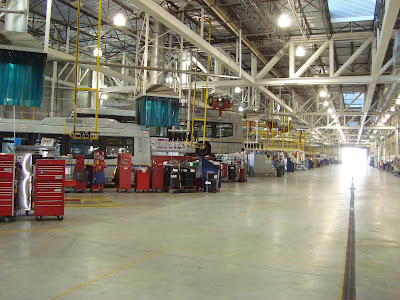Over the last year, I've noticed more conversations about the role of renewable natural gas in helping our province meet its greenhouse gas reduction goals.
FortisBC is the main gas utility in BC. Its quarter-century goal is to have 75% of its natural gas from renewable and low-carbon sources. Renewable natural gas differs from low-carbon natural gas. Renewable natural gas comes from organic waste from landfills, farms, and sewer systems. Low-carbon natural gas comes from hydrogen, wood synthesis gas and lignin.
Renewable natural gas is the least carbon-intensive and environmentally destructive natural gas, so it is the gold standard as a transition fuel to a zero-emission future. However, there is some debate on where renewable natural gas should be used today as there is a limited supply.
At the Lower Mainland Local Government Association, many people discussed how renewable and low-carbon natural gas shouldn't be allowed in new construction. Some folks believe all new buildings should be 100% electric due to energy costs, the limited availability of renewable natural gas, and GHG reduction concerns.
Recently, the City of Richmond asked the Metro Vancouver Regional District Board to call on the provinces to, among other things:
- Bring forward legislation implementing a 2030 GHG cap on the gas sector without further delay.
- Reject the use of renewable natural gas and hydrogen in new construction to meet greenhouse gas reduction goals in the BC Energy Step Code.
At the same time, the region wants to use renewable natural gas for transit buses. The region can only expand bus service and meet the province's GHG reduction goals by using renewable natural gas.

|
| TransLink Bus Maintenance Shop |
I heard from TransLink staff at the June Mayors' Council on Regional Transportation Meeting that the province's "proposed BC Public Transit Zero Emission Vehicle purchasing, and fleet stock requirements will significantly impact the ability to expand bus service, achieve regional GHG emission reductions, mode share and vehicle kilometres travelled." TransLink wants the province to allow renewable natural gas buses for the foreseeable future as a way for TransLink to meet provincial GHG reduction goals.

|
| A graphic from TransLink's presentation on Zero Emissions Bus Fleet Technology. Select the image to enlarge. |
A regional perspective is emerging that renewable natural gas is a limited-supply fuel source that should be used only when we cannot meaningfully convert to electricity, such as in some industrial processes and for heavy-duty vehicles like buses.

1 comment:
I truly wish somebody could patiently, explain to me, where all this electricity will come from...... Heating homes, industry, etc., AND powering electric vehicles.....Will old Rafe Mair fear come true.... We'll kill off the salmon runs and then have the go ahead to dam the Fraser Canyon.....?? 🤔😟
Post a Comment